Get ready for your next trip to Québec with these typical Québécois expressions!
There's nothing more impressive than hearing students on our trips pull off a local expression in their second or third language, so we thought it would be fun to add some Québécois classics to your list. Learn about the origin of the expression and practice its many variations in the classroom. These expressions can easily be used at any point during your trip, so let's get cracking!
C’est tiguidou!%20cropped.jpg?width=415&height=511&name=jeunes%20(19)%20cropped.jpg)
We’re telling you already – this is probably our favorite expression of them all! This expression can be used when you're debating with someone for some time and end up agreeing. “Tiguidou”, “c'est tiguidou” or “l'affaire est tiguidou” is the expression we use to convey agreement, approval or satisfaction with a situation without having to say “Fantastic, we agree. That's exactly what we're going to do, yay!” It's kind of like our version “Okie-dokie.” Mysteriously however, the origins of this expression are not quite clear. We"ll need to go undercover while in Québec!
Mouiller à siaux
As with snow, there are several kinds of rain in Québec; light rain, heavy rain, rain that soaks your clothes, and rain that feels like someone poured a bucket of water over your head. Well, that’s exactly what this expression means! “Mouiller à siaux” or “il mouille à siaux” is our French-Canadian version of “it’s raining cats and dogs.” Siaux being the old way of pronouncing the word seau which means bucket in French.
Cogner des clous
The expression “cogner des clous” literally translates to hammering nails and is used when someone is nodding off. It describes a situation where someone is trying to stay awake despite obvious fatigue and the unconscious movement of the head falling down and waking back up is comparable to the movement of hammering nails.
Se tirer une bûche
This is a great expression to use when you sit down for a meal with friends or want to invite someone into a conversation. “Tire-toi une bûche” translates to “pull yourself a log.” It’s a friendly way of inviting someone to take a seat or join a group, much like saying, “help yourself to a seat.” It’s definitely the French-Canadian lumberjack in us speaking, seeing as this expression originates to the period of French colonization in North America, when seats were actually simple logs.
Avoir du pain sur la planche 
“J’ai du pain sur la planche” literally translates to “I have bread on the plate.” Originally, this would refer to the resources a family had to feed its family members in the future without the risk of running out of money. Through time, the expression evolved to mean “there is a lot of work ahead.” Saying “avoir du pain sur la planche” is a way of conveying that someone has a significant number of tasks or challenges to deal with. Your teacher is planning an epic French Immersion Trip? Wow, “ils doivent avoir beaucoup de pain sur la planche!”
Se revirer sur un dix cennes
Some people have the special ability to handle unexpected events quickly and adapt, as if they had planned for it all along. In Québec, we can say “se revirer sur un dix cennes,” which translates to, “to turn around on a dime.” In Canada, the dime is our smallest coin, meaning we can swiftly pivot with not much to support, or completely change direction, relying only on a dime. Snowstorm announced during your next trip? “On va se revirer sur un dix cennes” and switch up that itinerary nicely!
Avoir son voyage
Let’s be honest, everyone likes a bit of gossip! When folks from Québec hear gossip or shocking news (positive or negative), they exclaim, “j’ai mon voyage!” In English, this translates to “I have my trip!” The expression originates from dump trucks that were filled to capacity, meaning they were ready for their trip to the dump. Through the years, this has become the perfect way to say you’re shocked, just like a casual “no way, I can’t believe it!”
Now that your Québécois Français is top notch, let's put your new expressions to the test! View our French Immersion Tours and let's get you started on a trip to La Belle Province de Québec.
À la r'voyure! (Brownie points if you get this one right.)



